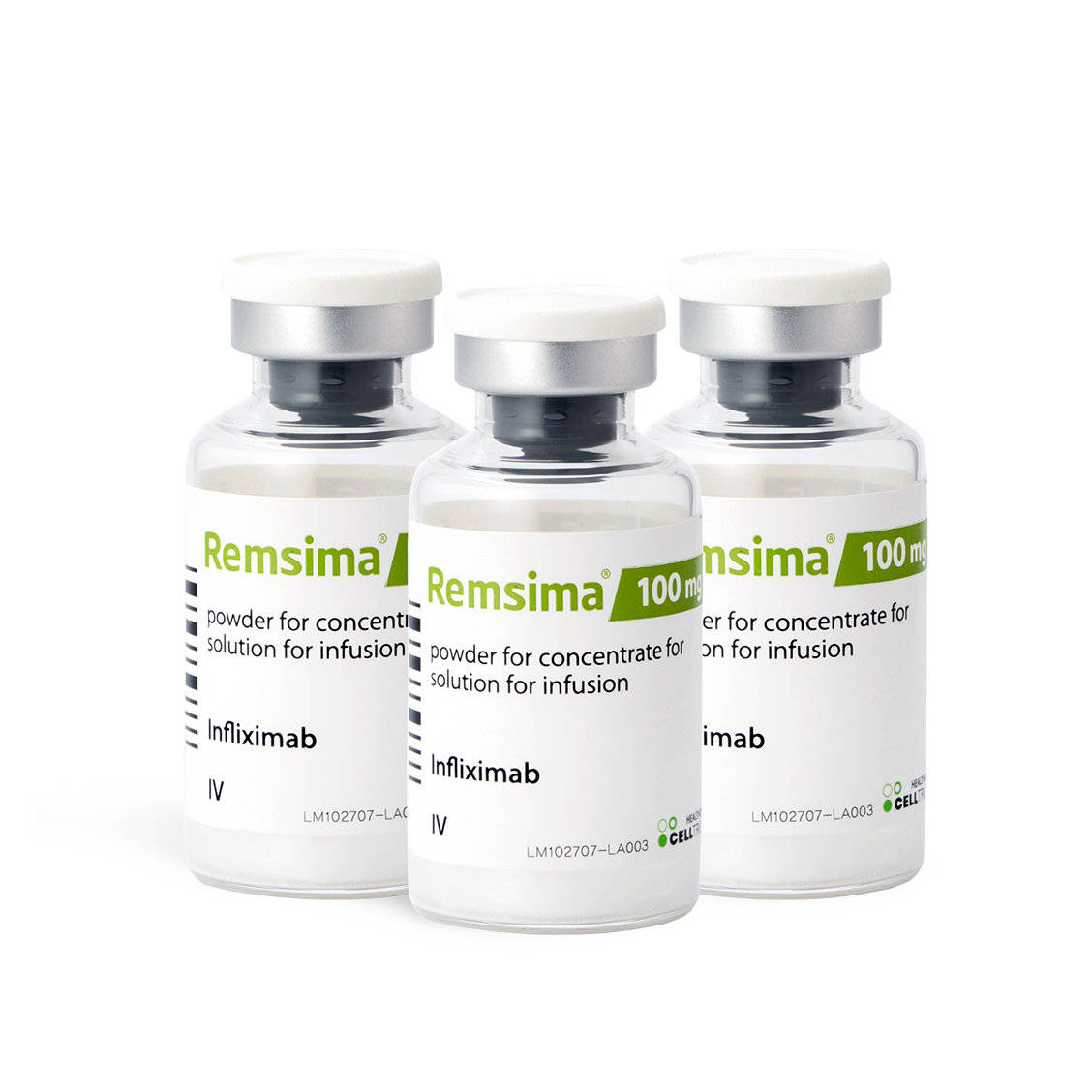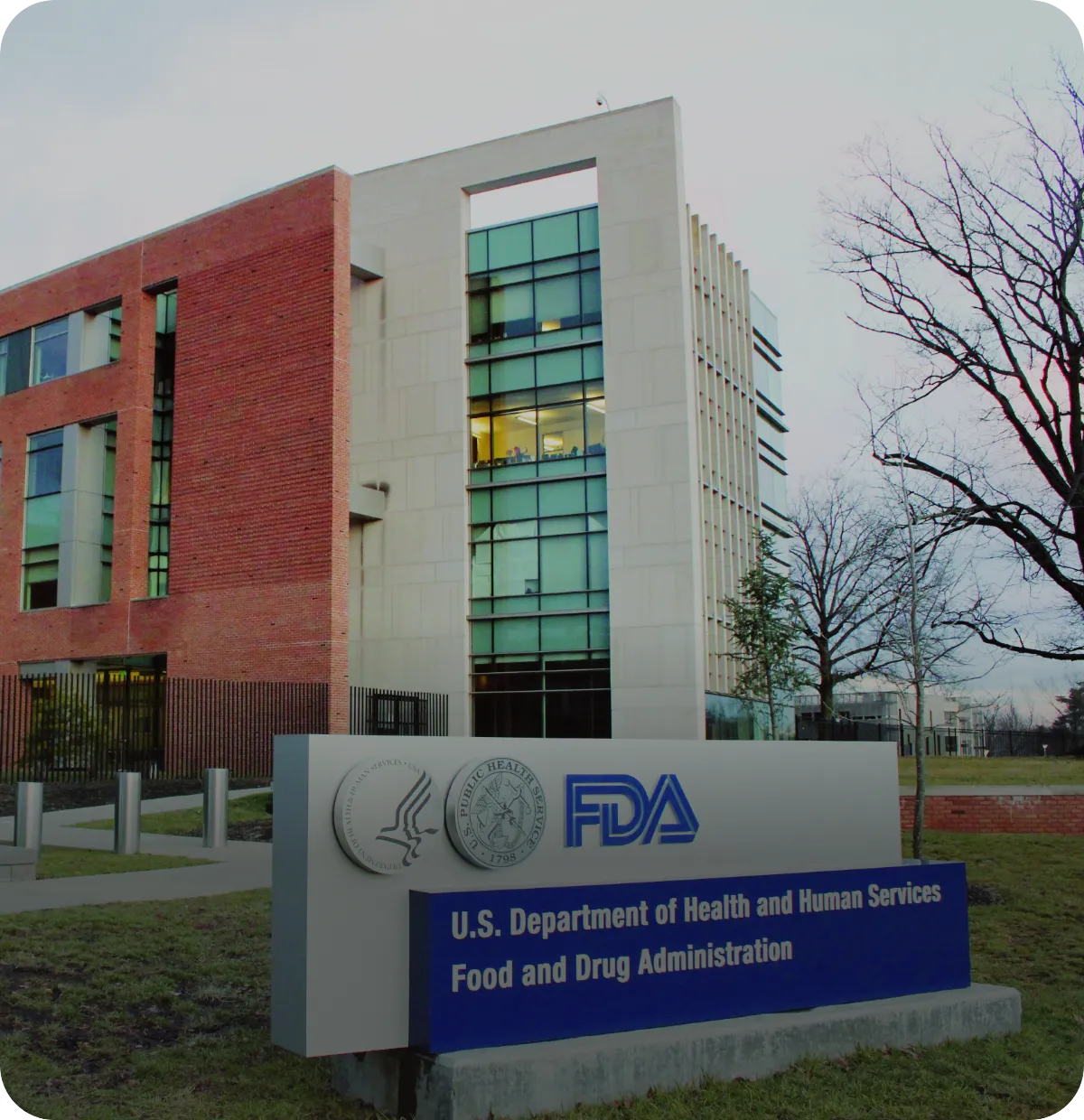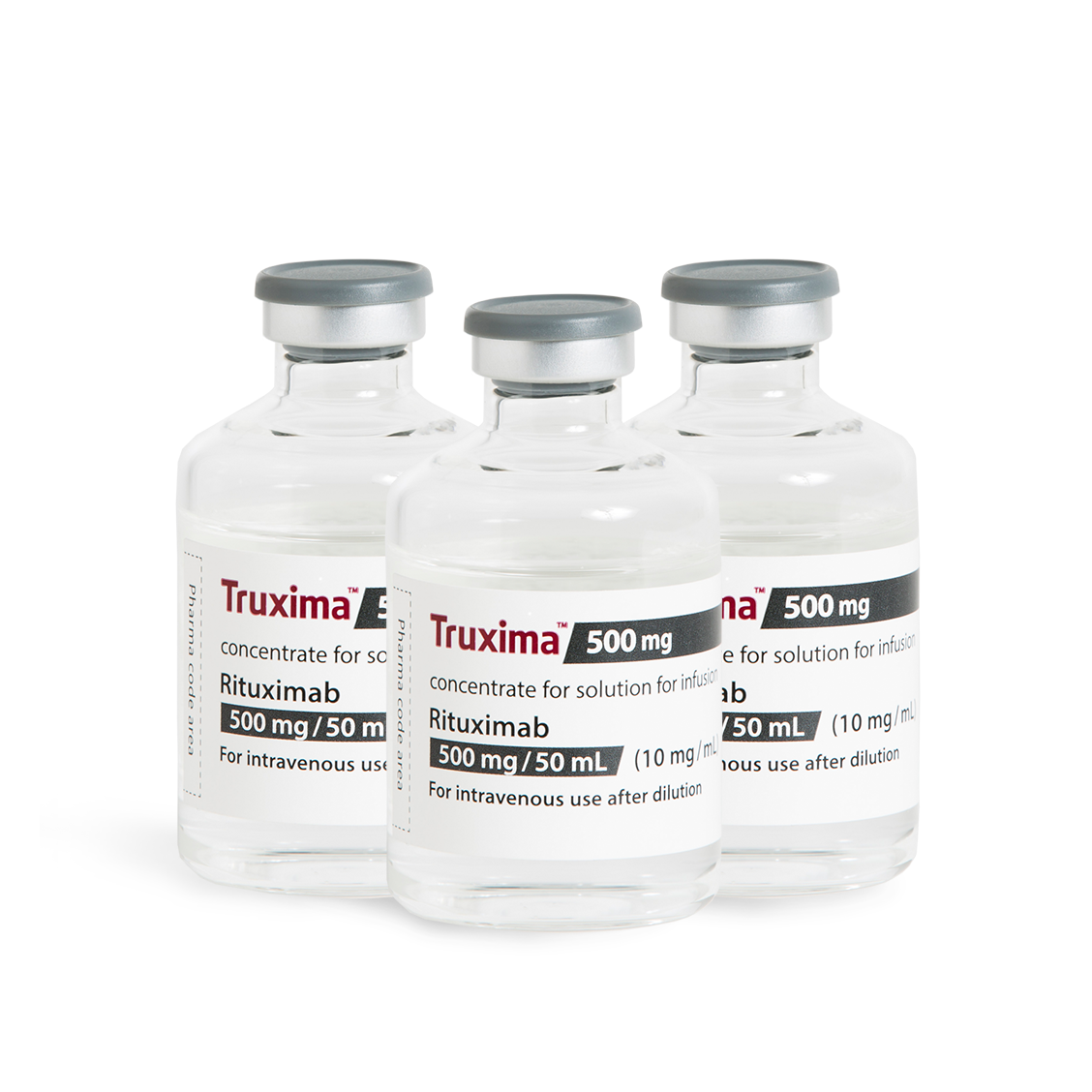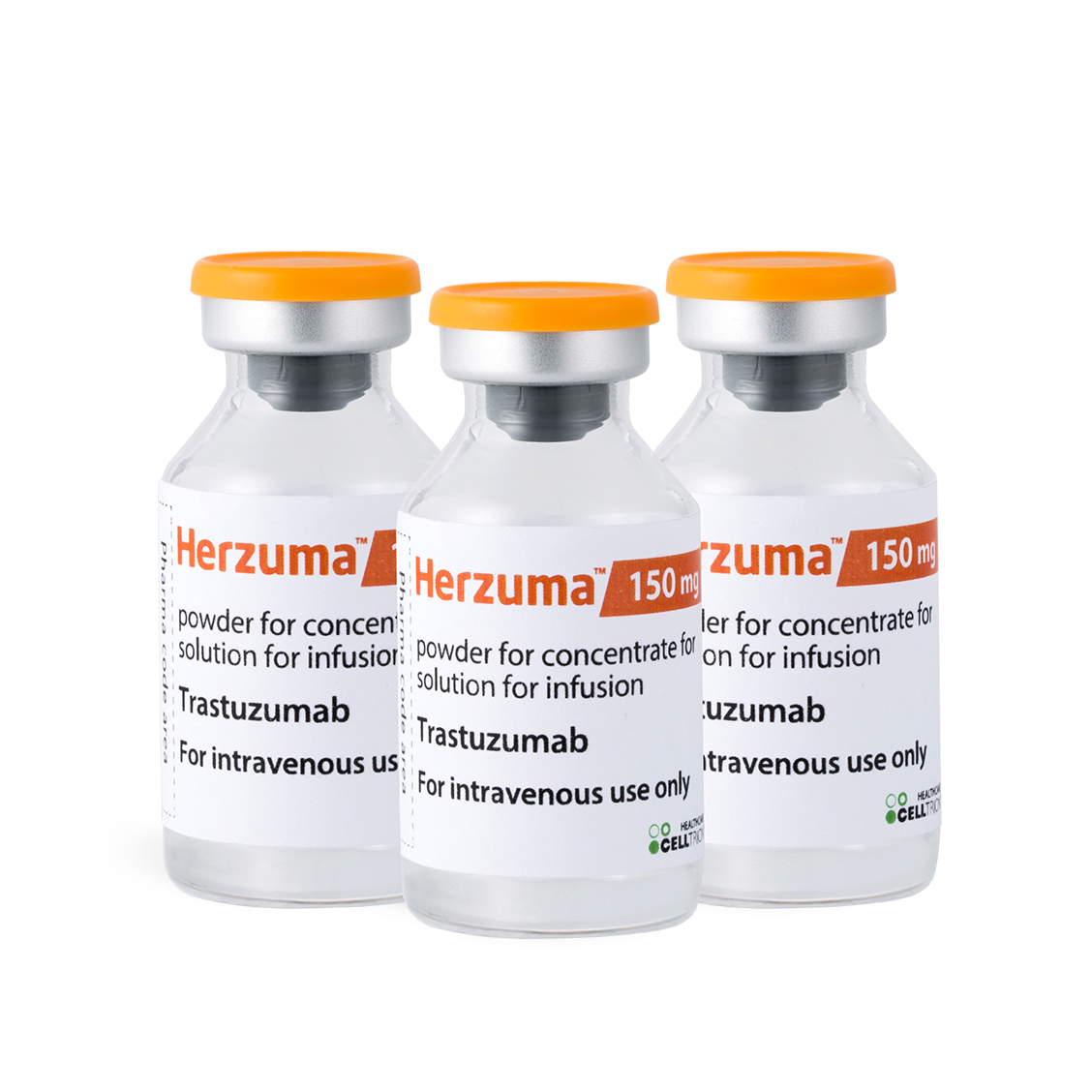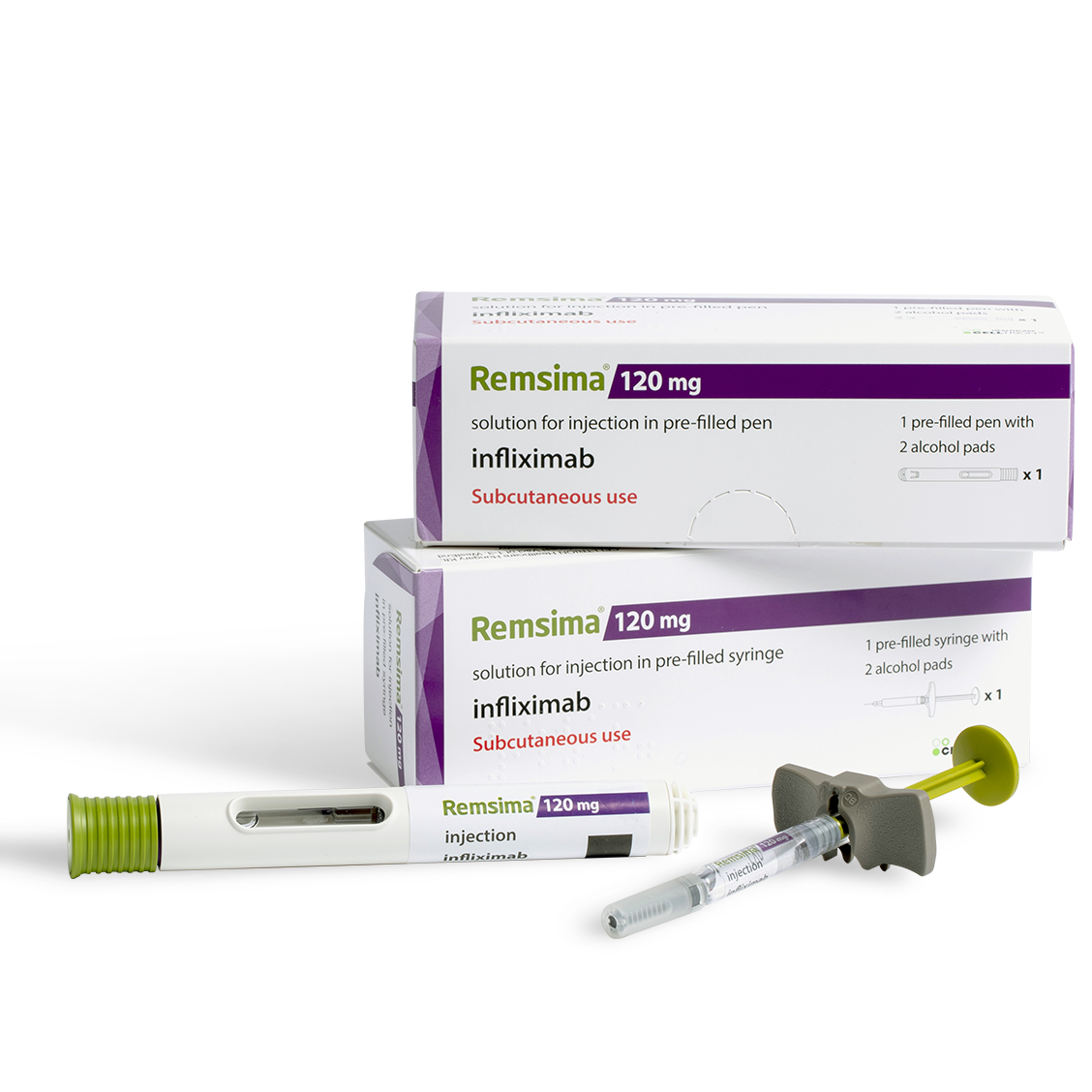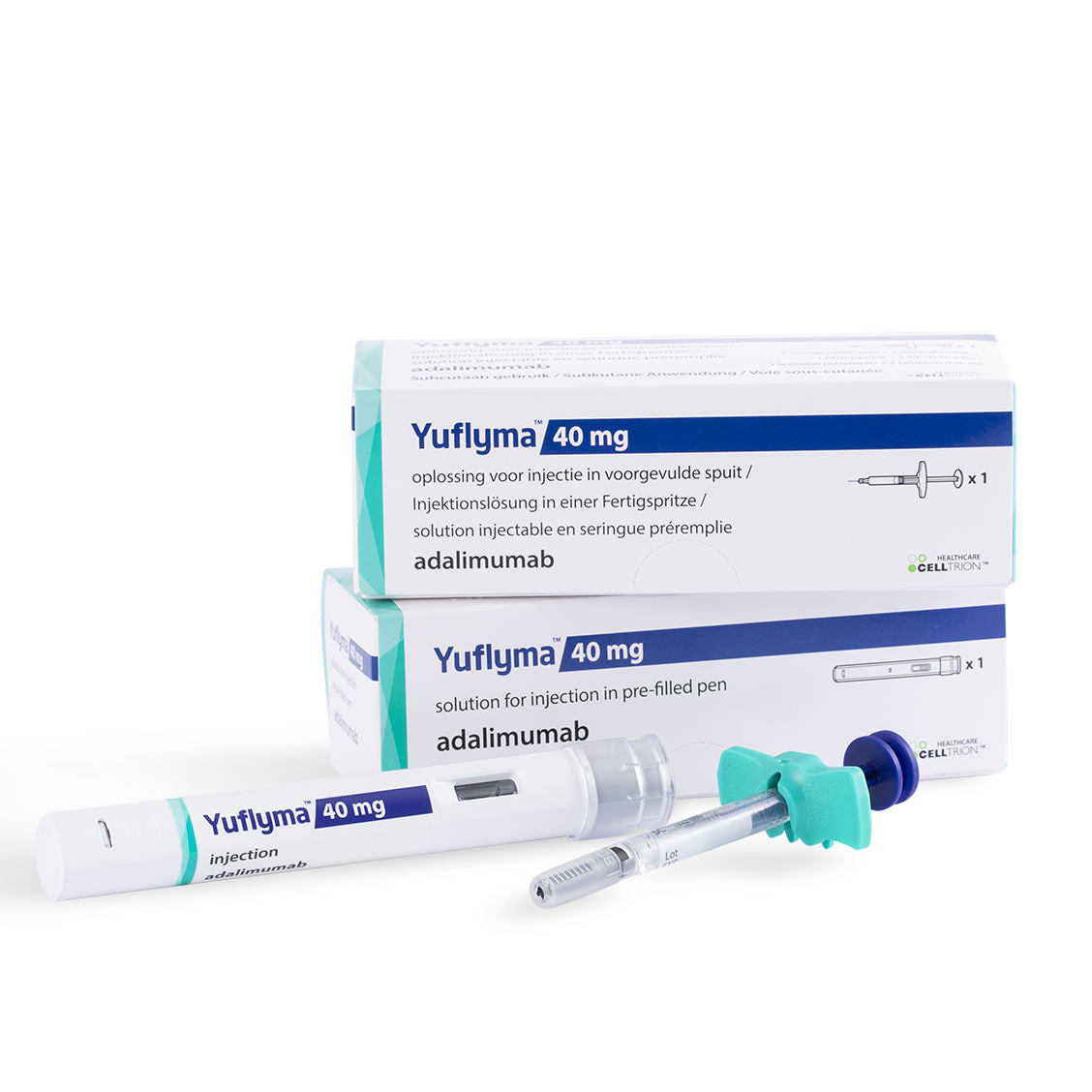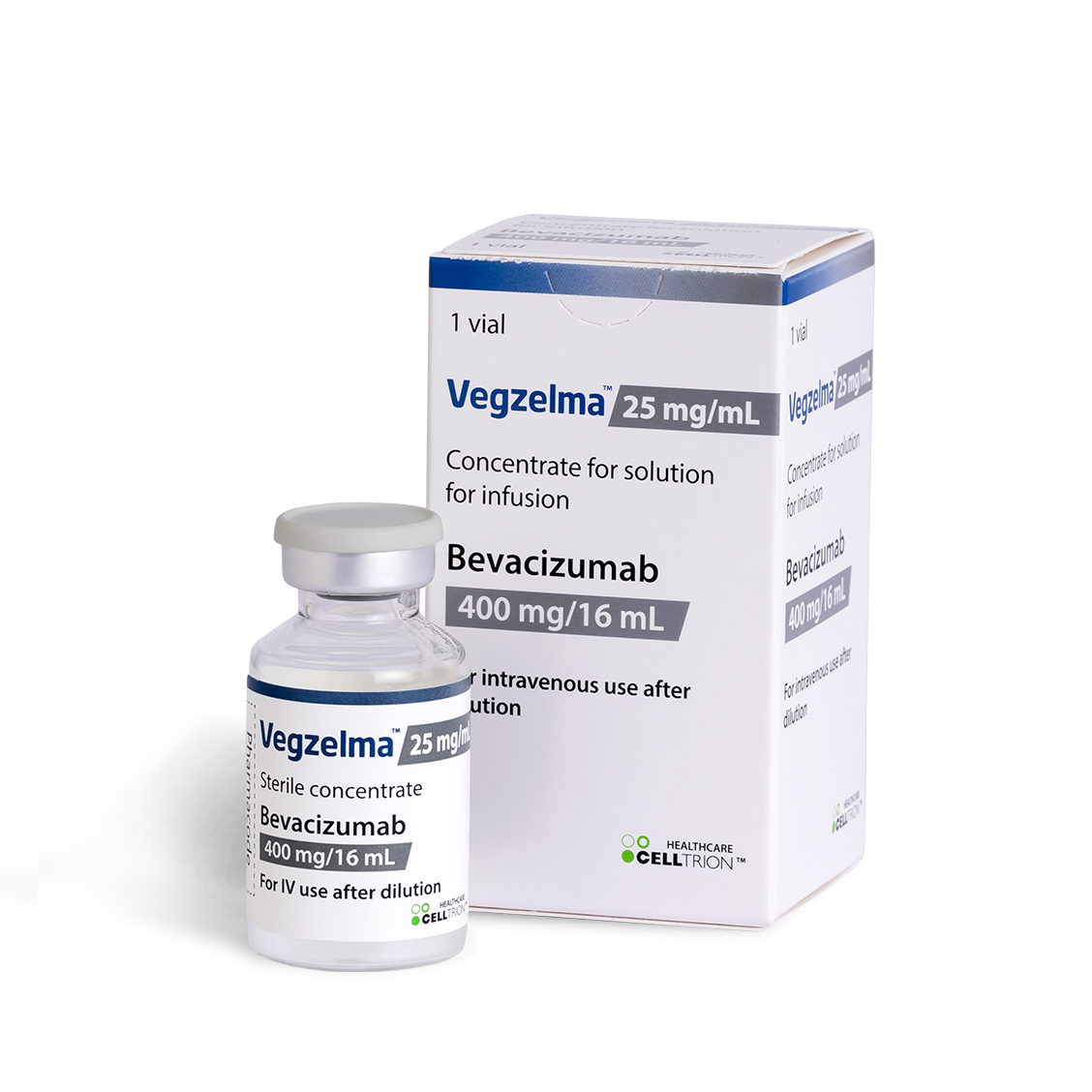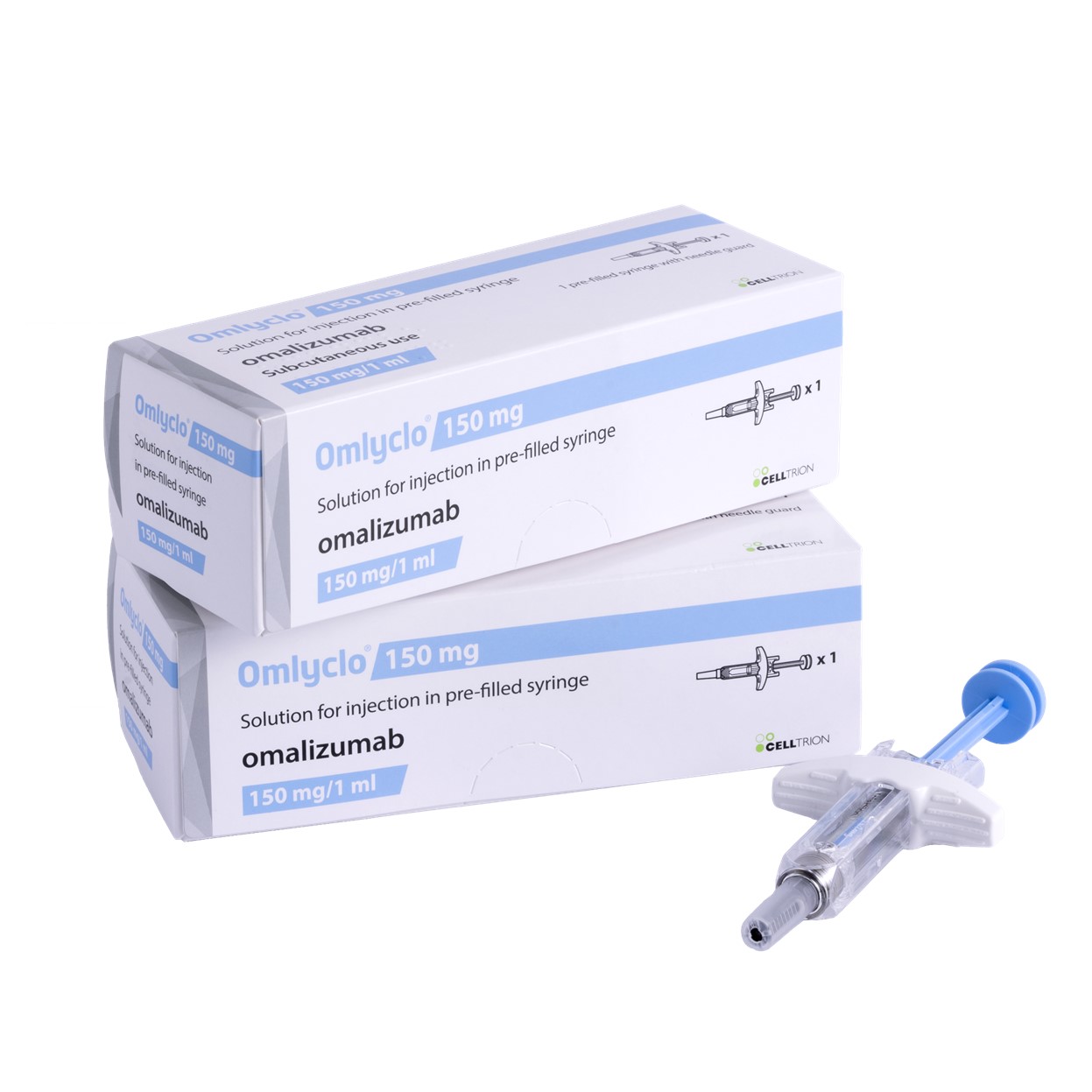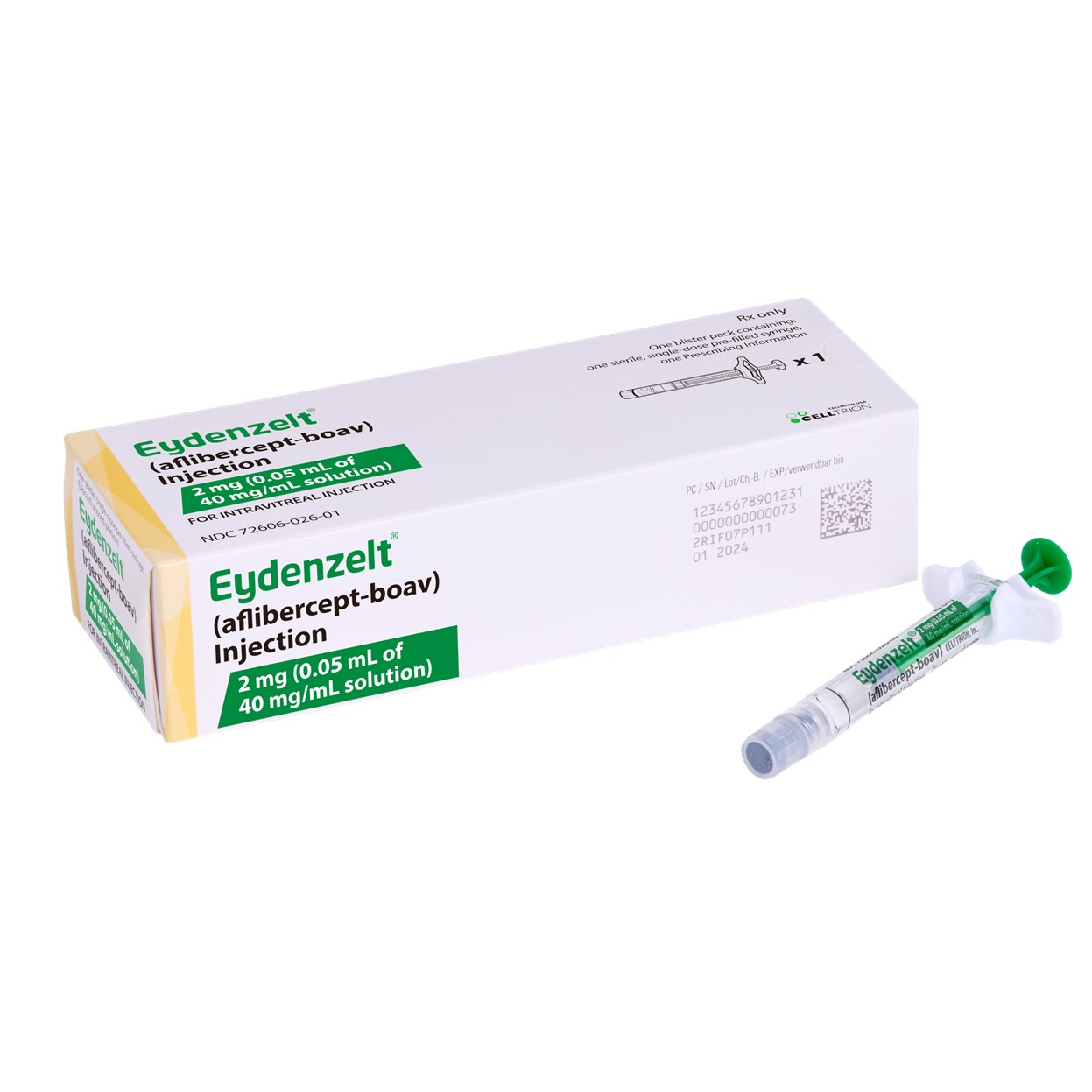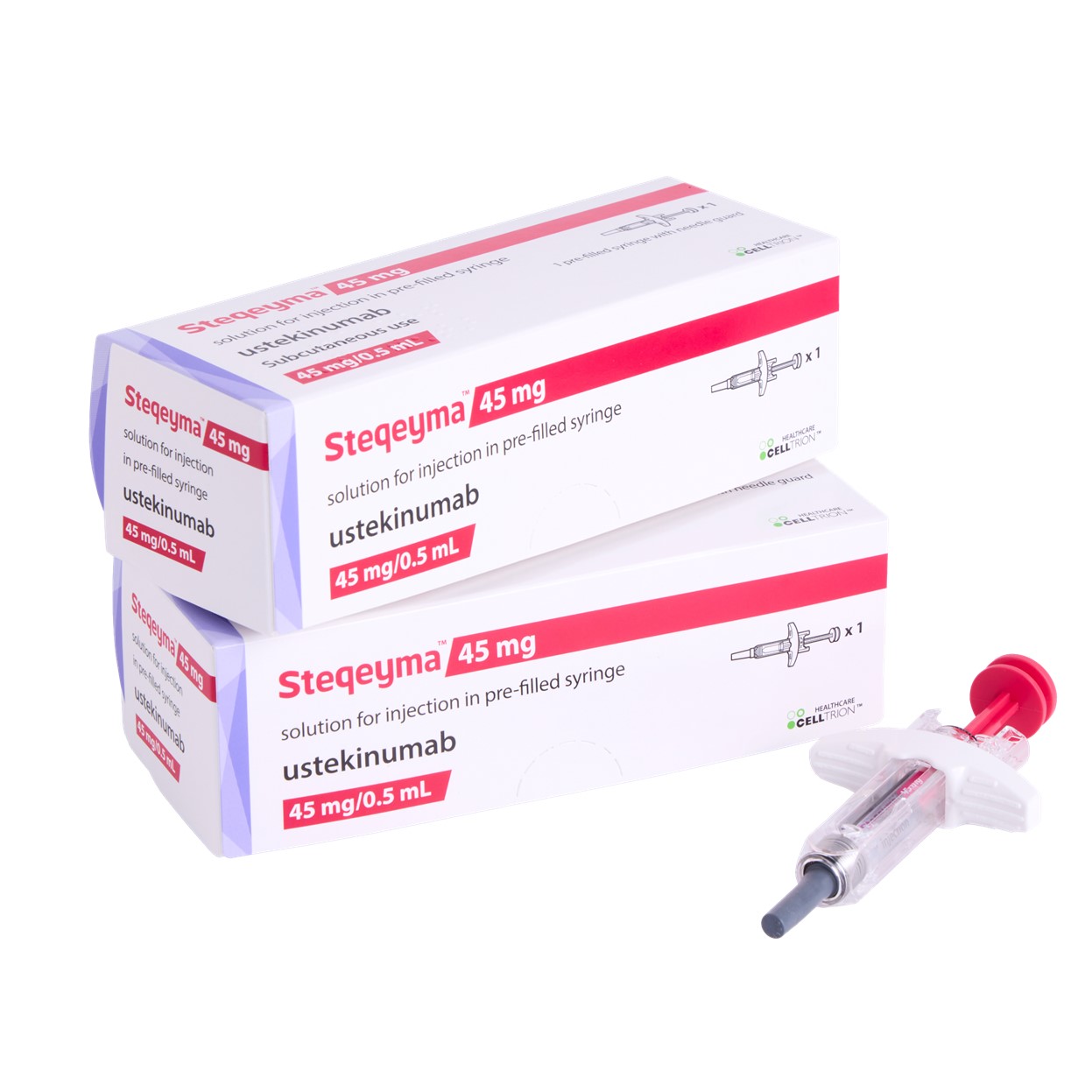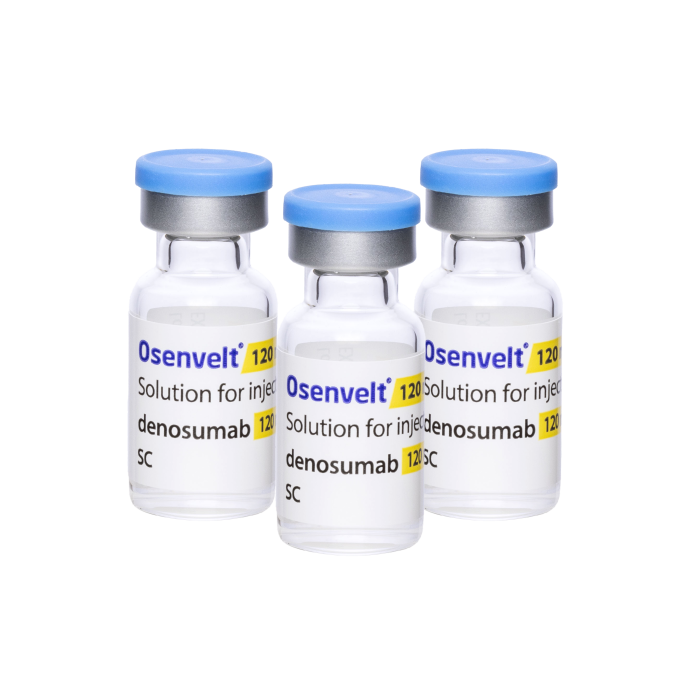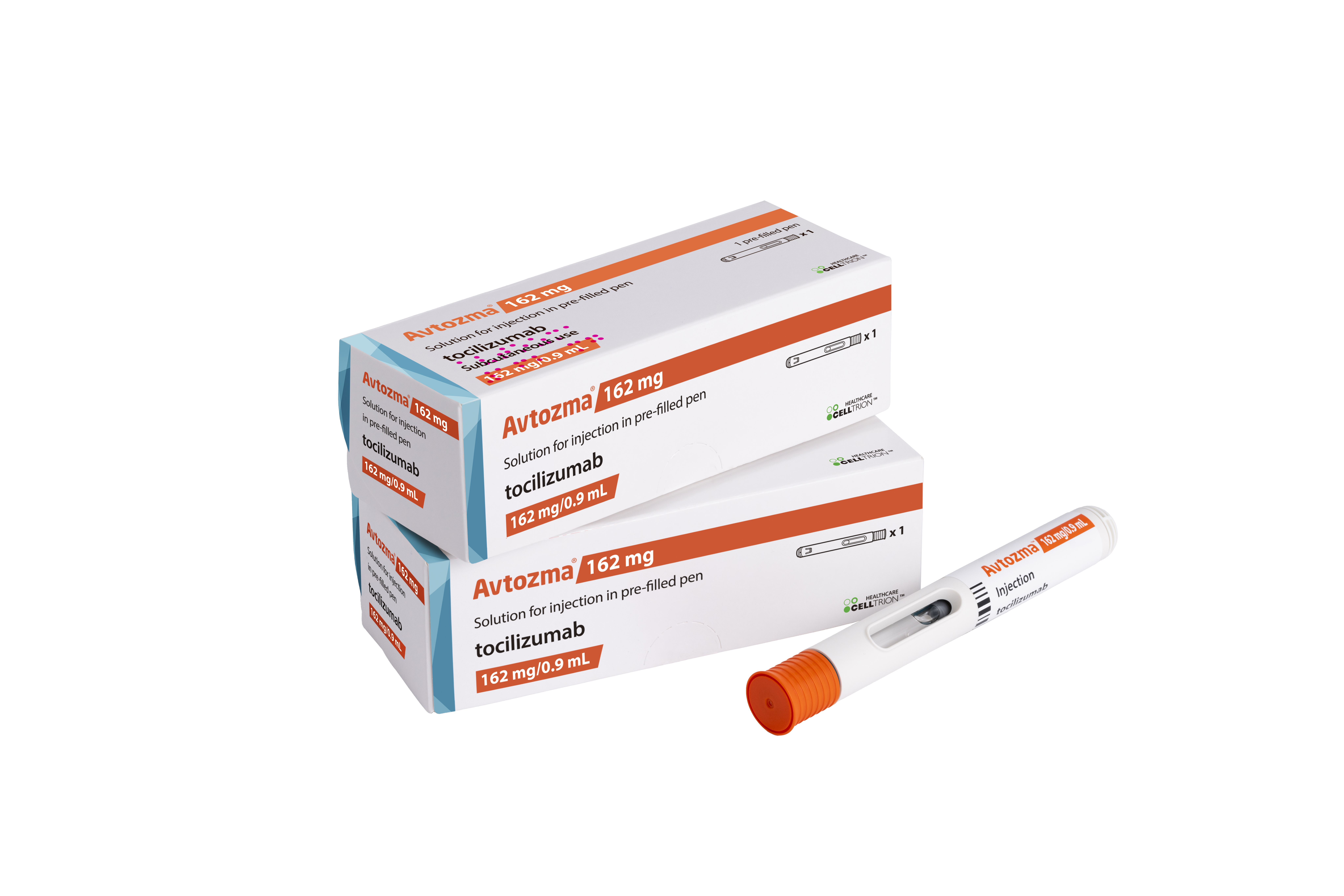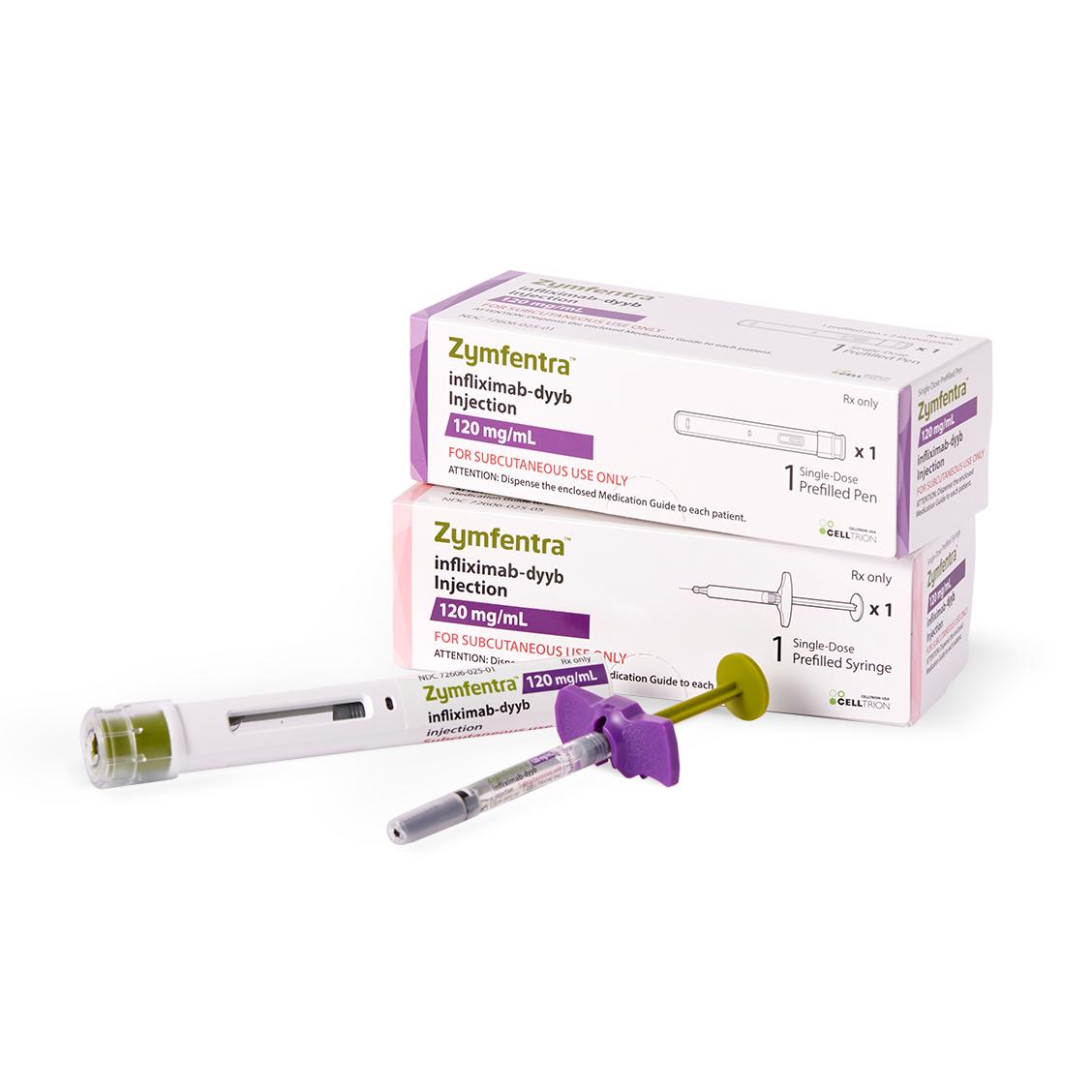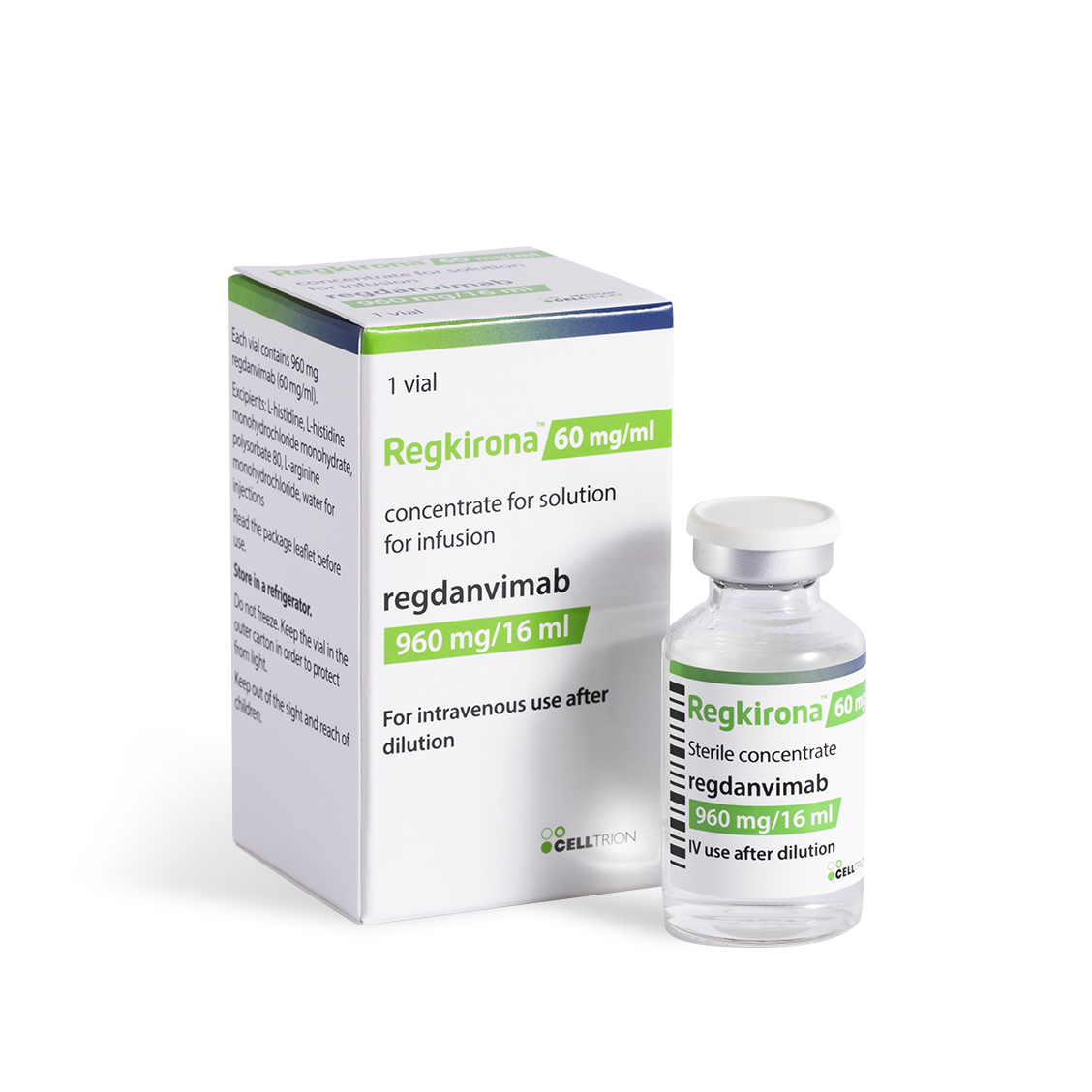Celltrion presents innovative drug pipeline and U.S. manufacturing and R&D expansion strategy at the 44th Annual J.P. Morgan Healthcare Conference
Celltrion outlines a blueprint for innovative drug development built on its antibody expertiseThe company highlights its business strategy to scale U.S. manufacturing and R&D capabilities, strengthening its global supply chain, production and operations INCHEON, South Korea, Jan. 13, 2026 /PRNewswire/ -- Celltrion, Inc. (068270.KS), a leading global biopharmaceutical company, today presented key strategic priorities and clinical development updates for its innovative drug pipelines including antibody-drug conjugates (ADCs) and multi-specific antibodies (msAbs) at the 44th Annual J.P. Morgan Healthcare Conference in San Francisco, California. The company also highlighted plans to expand its manufacturing and R&D capabilities to support long-term growth, enhance supply resilience and reinforce its long-term commitment to the U.S. market. The presentation, composed of two sections— 'From Biosimilar Excellence to Next-Gen Innovative Therapeutics' and 'Scaling Our U.S. Presence with a Next-Gen Manufacturing and R&D Hub'—was delivered on the conference's Main Track. Celltrion's Chief Executive Officer Jin-Seok Seo and Senior Executive Vice President Hyuk-Jae Lee outlined the company's innovative drug pipeline, with plans to submit up to 16 investigational new drug (IND) applications by 2028, including up to 10 ADCs, 4 msAbs, 1 recombinant protein, and 1 peptide. In its biosimilar business, Celltrion aims to commercialize up to 18 products by 2030 and 41 products by 2038. The company's ADC candidates are designed to target solid tumor cancers; with IND applications for CT-P70, CT-P71 and CT-P73 accepted by the U.S. Food and Drug Administration (FDA) in 2025. CT-P70, a novel ADC candidate being developed for the treatment of non-small cell lung cancer (NSCLC), recently received Fast Track designation from the U.S. FDA, enabling expedited interactions throughout the development process and the potential for accelerated regulatory review. Celltrion is advancing a portfolio of msAbs that are designed to selectively target cancer cells or are activated only under specific conditions. Celltrion received an IND approval from the U.S. FDA for CT-P72, a tetravalent bispecific antibody being developed to target human epithelial growth factor receptor 2 (HER2) and cluster of differentiation 3 (CD3). "We have made significant progress and see compelling opportunities ahead. Building on our company's global footprint in biosimilar excellence, Celltrion is accelerating its transition toward next-generation innovative therapeutics," said Jin-Seok Seo, Chief Executive Officer at Celltrion. "Our expanding pipeline of ADCs and msAbs, grounded in deep antibody expertise, underscores our commitment to delivering meaningful value to patients worldwide. We aim to redefine the standard of care in oncology and beyond, while creating long-term sustainable value through scientific excellence and bold innovation." To reinforce the company's U.S. manufacturing capabilities, Celltrion recently completed the strategic acquisition of a former Eli Lilly manufacturing facility located in Branchburg, New Jersey, securing 66,000L of drug substance (DS) capacity. The company plans to sequentially increase capacity to a total of 132,000L by 2030, while also extending its capabilities to include drug product (DP) facilities. Through this acquisition, Celltrion plans to ensure long-term supply chain resilience eliminating the tariff and trade risks, ultimately strengthening its competitiveness in the U.S. market. "The acquisition of the U.S. manufacturing facility represents a pivotal step in strengthening our global supply chain and solidifying our presence in the U.S. market," said Hyuk-Jae Lee, Senior Executive Vice President at Celltrion. "By securing large-scale DS capacity in the U.S., we are enhancing supply stability, mitigating trade and tariff risks, and establishing a solid foundation for expanded R&D collaboration and innovation in the region." About Celltrion, Inc.Celltrion, Inc. is a leading biopharmaceutical company that specializes in researching, developing, manufacturing, marketing and sales of innovative therapeutics that improve people's lives worldwide. Celltrion, Inc. is a pioneer in the biosimilar space, having launched the world's first monoclonal antibody biosimilar. Our global pharmaceutical portfolio addresses a range of therapeutic areas including immunology, oncology, hematology, ophthalmology and endocrinology. Built on trust through our fully integrated capabilities – from advanced R&D and in-house manufacturing to a reliable global supply network – we continue moving toward innovation as we work to ensure consistent availability of affordable, trusted, and high-quality biosimilars and biologics for patients and healthcare systems across the globe.For more information, please visit our website www.celltrion.com/en-us. and stay updated with our latest news and events on our social media - LinkedIn, Instagram, X, and Facebook. FORWARD-LOOKING STATEMENTCertain information set forth in this press release contains statements related to our future business and financial performance and future events or developments involving Celltrion, Inc. and its subsidiaries that may constitute forward-looking statements, under pertinent securities laws. This press release contains forward looking statements. These statements may be also identified by words such as "prepares", "hopes to", "upcoming", "plans to", "aims to", "to be launched", "is preparing", "once gained", "could", "with the aim of", "may", "once identified", "will", "working towards", "is due", "become available", "has potential to", "anticipates", the negative of these words or such other variations thereon or comparable terminology. In addition, our representatives may make oral forward-looking statements. Such statements are based on the current expectations and certain assumptions of Celltrion, Inc. and its subsidiaries' management, of which many are beyond its control. Forward-looking statements are provided to allow potential investors the opportunity to understand management's beliefs and opinions in respect of the future so that they may use such beliefs and opinions as one factor in evaluating an investment. These statements are not guarantees of future performance and undue reliance should not be placed on them. Such forward-looking statements necessarily involve known and unknown risks and uncertainties, which may cause actual performance and financial results in future periods to differ materially from any projections of future performance or results expressed or implied by such forward-looking statements. Celltrion, Inc. and its subsidiaries undertake no obligation to update forward-looking statements if circumstances or management's estimates or opinions should change except as required by applicable securities laws.
